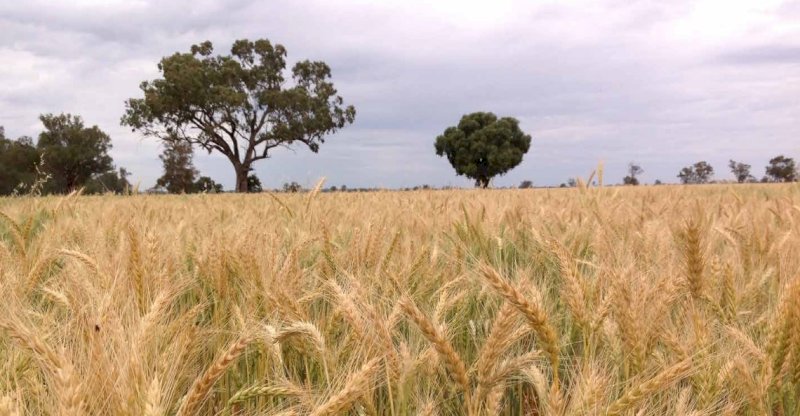AWB - Flooding rains and quality pain
- By: "Farm Tender" News
- Cropping & Grain News
- Dec 01, 2021
- 550 views
- Share

By Angus Groves - AWB
The month of November in New South Wales is typically met with temperatures warming up, little to no rainfall and harvest gathering momentum across the state.
Fast forward to the end of November, and not only have the Bureau of Meteorology officially declared La Nina, but we have already seen huge flooding across many parts of New South Wales which has slowed harvest to a crawl over the past fortnight.
Catchments in the Namoi and Lachlan Valley’s are still counting the toll from the past week with more rain expected in the upper Namoi catchment as The Land goes to print. And as this water makes its way along the river systems there are also fears of damaging flooding in the western townships of Coonamble, Warren, and Wee Waa who are bracing for significant damage in low-lying areas.
With many of these New South Wales crops seen as shining lights, local grain prices have reacted accordingly with the spread from milling quality grades to feed grades opening as wide at $150-200/mt in Northern and Central New South Wales. This is a deliberate move as the market tries to secure the quality wheat that has already been harvested.
This news of La Nina and downgrades to crops in Australia is making waves in the global context, as the world buyers have been looking towards Australia as a provider of milling quality wheat over the next 12 months. With vast quantities of wheat surely downgraded as a result of the recent weather, we have not only seen local prices react, but global futures prices have risen well above 800c/bu or AUD $420/mt.
There has been continued market reaction to dry conditions throughout the US growing regions, as well as severe flooding in Canada. Its safe the assume there will be plenty of volatility going forward as the market digests the weather concerns for each growing region around the world.
One variable that could have an impact is the potential spread of the new covid variant, Omicron. There has already been a rise in European countries forced back into lockdown, if we add in a more transmissible covid variant to the mix the chances of further lockdowns and slowdown in travel could affect the global economic recovery.
The demand for fuels and canola is closely linked through biodiesel blends that are mandated in many European countries. So, if lockdowns are extended over the Christmas period with less demand for fuel, there could be a reaction in the canola market globally affecting the Australian producer.
The flip side to this of course is our own quality concerns with many reports already surfacing of lower test weight and significant sprouting in canola, meaning we may have less export quality canola available than the market anticipated.
The supply and demand balance are perfectly illustrated using this scenario, with potentially less demand for Australian canola if European lockdowns occur, balanced with the potential for reduced supply of high-quality canola due to the effects of weather. As is always the case with quality issues, it is best to get on the front foot once the issues are known.









Share Ag News Via